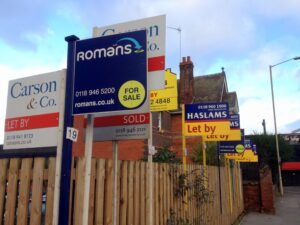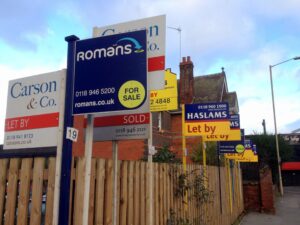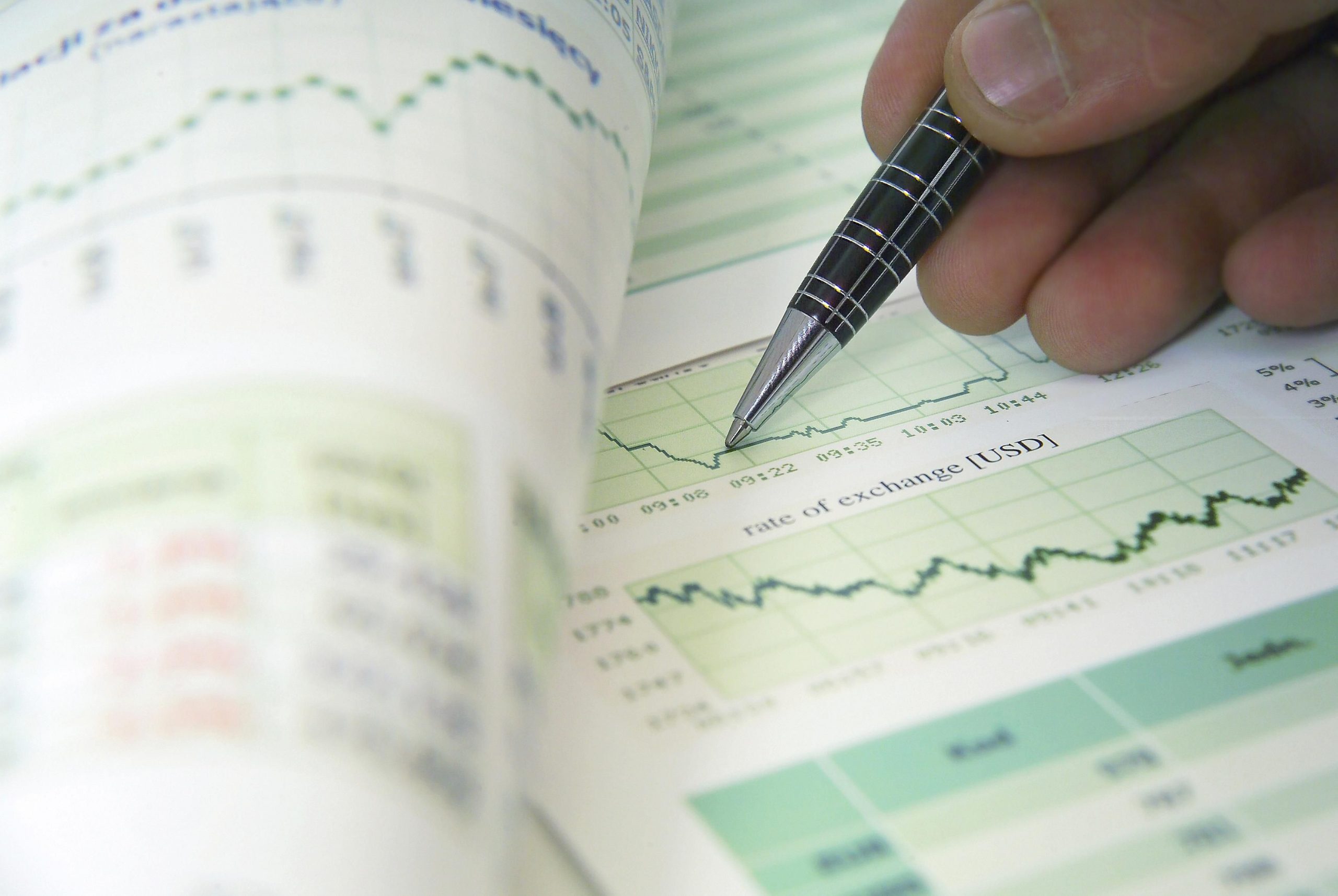Average house price rose by £27,000 last year

House prices rose by 10.8 per cent last year, with the price of the average house up by £27,000 to £275,000, according to official figures.
They reached record levels across Britain in December, the Office for National Statistics said.
The strongest growth in prices was recorded in Wales, where the average house was 13 per cent more expensive, reaching a record level of £205,000 at the end of last year compared with December 2020. Prices rose by 10.7 per cent in England, with the average price of a house at a record high of £293,000. The average house in Scotland cost £180,000, up by 11.2 per cent from a year earlier and £159,000 in Northern Ireland, which rose by 10.7 per cent.
Mike Hardie, head of inflation at the Office for National Statistics, said that house prices had risen across the board in the last year. “House prices in the UK, England and Wales all reached record levels this month, with the average UK house price at £275,000 in December 2021, £27,000 higher than this time last year,” he said. “UK rental prices accelerated at their fastest pace since 2017, with increases across every region in England, including London.”
The lack of supply of homes is one of the main problems faced by the housing market, according to Nitesh Patel, strategic economist at Yorkshire Building Society. “A key challenge in the current housing market is the lack of supply of homes for sale whilst demand continues to remain strong — which perhaps explains the strong price performance in southern England,” he said.
Patel added that the stamp duty holiday boosted house prices for most of last year but price rises have not cooled off since the scheme, which offered prospective buyers savings of up to £15,000, ended on September 30. “Low borrowing costs and a strong jobs market are key drivers but in the coming months a further deterioration in household finances may take some of the heat out of the market,” he said.
Rents paid by tenants to private landlords rose at their fastest pace since 2017, according to separate data published by the ONS. Private rental prices increased by 2 per cent in the year to January 2022.
The 0.1 per cent rise recorded in London pulled down the average of 3 per cent across the rest of the UK. The ONS said that the slower growth in rents in the capital reflected the increase in the supply of rental properties and the rise in home working, which typically means fewer people need to live close to their workplace.










